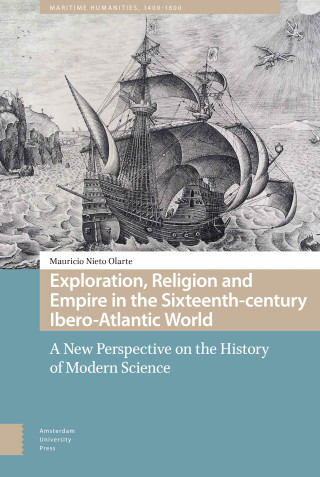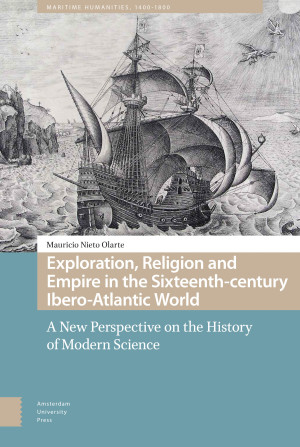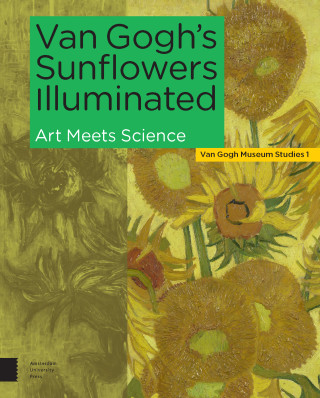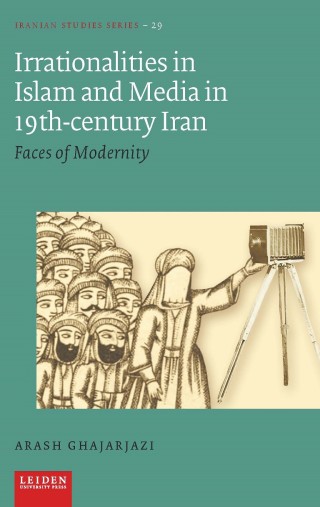List of illustrations
Acknowledgments
Introduction
The New World and the problem of Eurocentrism
Science and empire
Summary of the chapters in this book
1. The Iberian Peninsula and the Atlantic
Portugal and Spain
Winds, currents, and sailing ships in the Atlantic
Gold, silver, slaves, souls, and a thousand kinds of trees
2. The imperial bureaucracy and the appropriation of the New World
Seville and the Casa de Contratacion
The universal monarchy
3. The piloto mayor: cosmography and the art of navigation
The post of piloto mayor: seamanship and cartography
The navigation manuals
Manuals for the Empire
Publications, dissemination, and secrecy
Humanism and the classics
Experience and authority
Man against the sea: shipwrecks and meteorology
Routes and chorographic descriptions: The New World within the new global order
4. Machines of the empire
The ships
Shipbuilding
War and artillery
Navigational instruments
The astrolabe
The cross-staff
The mariner’s compass
Time and clocks
The sounding/plumb line
The navigation charts
Astronomical tables
Instruments, measurements, precision, and standardization
The crew
The captain/admiral
The pilot
The shipmaster (maestre) and quartermaster (contramaestre)
The boatswain (guardian)
The ordinary seamen (marineros)
Midshipmen (grumetes) and cabin boys (pajes)
The carpenter, steward, cooper, and cook
The scribe, master-at-arms, and overseer
The cannoneer
The barber/surgeon
The priest
Life on board
The argot of the sailors
Overcrowding
Food and health
Men of the sea and men of God
5. The Master Map (Padrón Real) and the cartography of the New World
Nautical charts and how they were made
The making of a chart
The charts of tierra firme: the earliest maps of the New World
Three early maps of the New World
Juan de la Cosa (1500)
Waldseemuller (1507)
Diego Ribero (1520)
6. The creatures of God never seen before: natural history
Nature in the New World
The classics and the Bible
Monsters in paradise
To describe, classify, and name
Medicine, botany, and the knowledge of the natives
The Empire and natural history
7. The New World, global science, and Eurocentrism
Plus ultra
Experience and authority
The Empire and the challenge of standardization
Eurocentrism
Bibliography
About the Author
Index





